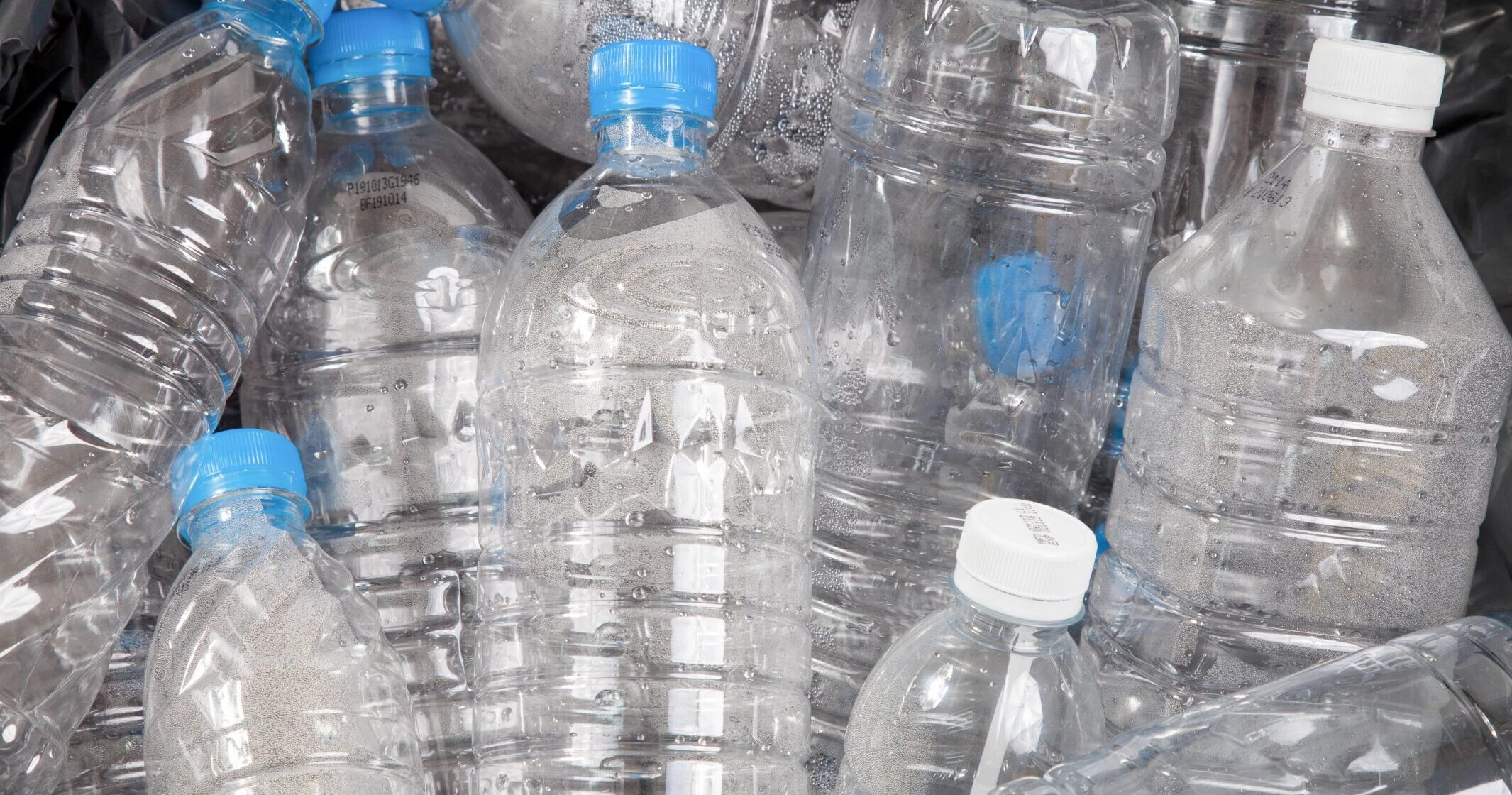Going on-site is a de facto part of life for trial lawyers and consultants. It often means mobilizing your team to a trial venue and/or setting up a war room at a remote location. In these situations, convenience reigns supreme, and in many cases, the amount of waste produced can be staggering.
As a trial graphics designer who has been in many war rooms and courtrooms, I've seen thousands of pages sent to the shredder, extraneous cross-country flights taken, and countless plastic utensils thrown to the wayside. These latter items, with their lifespans longer than any entity involved in the trial, often support just one night's dinner. The sheer amount of on-site waste is a clear indication that, as legal professionals, we need to be more mindful of our consumption and the impact it has on the environment.
It's not just about being eco-friendly either. The waste produced during trial can translate to a direct cost for your firm or end client. While sometimes waste is unavoidable, a small amount of research and preparation can go a long way in cutting back your on-site consumption and overhead. Below are some tips to get you started.
How to Limit Waste & Environmental Impact at Trial
Decrease Air Travel
One of the most significant contributors to an organization's carbon footprint is air travel. Make it a priority to schedule case staffing in a way that minimizes the number of flights each person must take to and from the war room.
Since air travel is often necessary, consider purchasing carbon offsets to mitigate the impact of the flights on the environment. Airline carbon offset programs allow individuals or organizations to purchase a carbon reduction credit from the airline or a third-party seller to make your travel carbon neutral. More than 30 IATA member airlines currently offer these programs to their customers.
Minimize Single-Use Plastics
Single-use plastics, such as water bottles and disposable utensils, are substantial contributors to an organization's environmental impact. Consider providing reusable water bottles, coffee cups, and utensils to war room staff. Encourage your team to use these items and provide easy access to water fountains, coffee makers, and other amenities that limit the need for single-use plastics. This reduces waste and can save you money in the long run. Additionally, hiring a catering service that uses real plates and silverware can be a much more cost-effective and environmentally friendly option than repeatedly ordering takeout from restaurants that typically use single-use plastics.
In situations where single-use items are necessary, consider using materials that are recyclable or compostable. This includes paper products, such as napkins and paper plates, as well as biodegradable plastics made from plant-based materials. Ensure that these items make it into a recycling bin at the hotel or facility that is running the war room.
Go Paperless…or Use Paper Less
With technology at our fingertips, there's no reason to print every document. Instead, use digital copies to save paper and ink. Some judges are taking a more progressive approach to trial prep, recognizing the importance of reducing paper waste and saving costs. Instead of requesting copies of every exhibit, they may only require hard copies of the exhibits used in outlines to create witness binders. In cases where there are large exhibits, parties may be asked to agree on using only relevant portions to avoid extraneous printing. Attorneys should be advocates for this approach, as it helps to minimize waste and reduce unnecessary expenses.
Unfortunately, not all legal teams are on board with this approach. I have heard from various paralegal and attorney contacts of instances where the team printed multiple copies of every exhibit, in addition to creating witness binders. We have all seen war rooms filled to the brim with banker’s boxes of documents, and when only a handful of those exhibits are actually pulled from the boxes at trial, it can be quite jarring. Not only is it wasteful, but the cost to print these exhibits can be more than $100,000 in some instances—highlighting the need for a more mindful approach to trial preparation.
Avoid Tossing Unused Equipment
Many times, if trial supplies cost more to ship than they cost to purchase—such as printers, monitors, and cables—it is simply easier to throw them out. Instead of discarding any unused items, consider donating them to a local charity, school, or organization. This not only helps decrease waste but can also benefit the community.
To prevent this waste in the first place, consider renting the equipment needed for trial. IMS can assist in coordinating equipment rentals that alleviate the stress of war room and courtroom setup in addition to reducing your carbon footprint.
In Summary
While it may seem like a daunting task to run a trial war room in an environmentally friendly manner—with air travel, hotel stays, printing, and other activities that have a significant environmental impact—it is possible with a few changes.
Trial professionals can work together to reduce waste and make a positive impact on the environment while saving costs for their firm and the end client. Advocating for a more streamlined approach to exhibit preparation, using digital copies instead of printing where possible, and encouraging legal teams to take an eco-conscious approach can have a larger effect than any one individual.
By implementing the steps mentioned above, your organization can run a “greener” war room that does not sacrifice productivity or results. Every small change counts and the cumulative impact of these changes can be quite substantial over time.
As a company, IMS Legal Strategies is committed to limiting waste and the environmental impact of our team’s on-site work in trials and arbitrations across the globe. IMS is proud to support industry initiatives like the Campaign for Greener Arbitrations, which was founded in 2019 and seeks to “reduce the carbon footprint of international arbitrations through behavioral change.”
View this article on The National Law Review website: How to Reduce Your Law Firm's Carbon Footprint (natlawreview.com)







